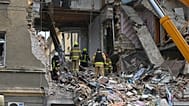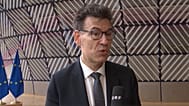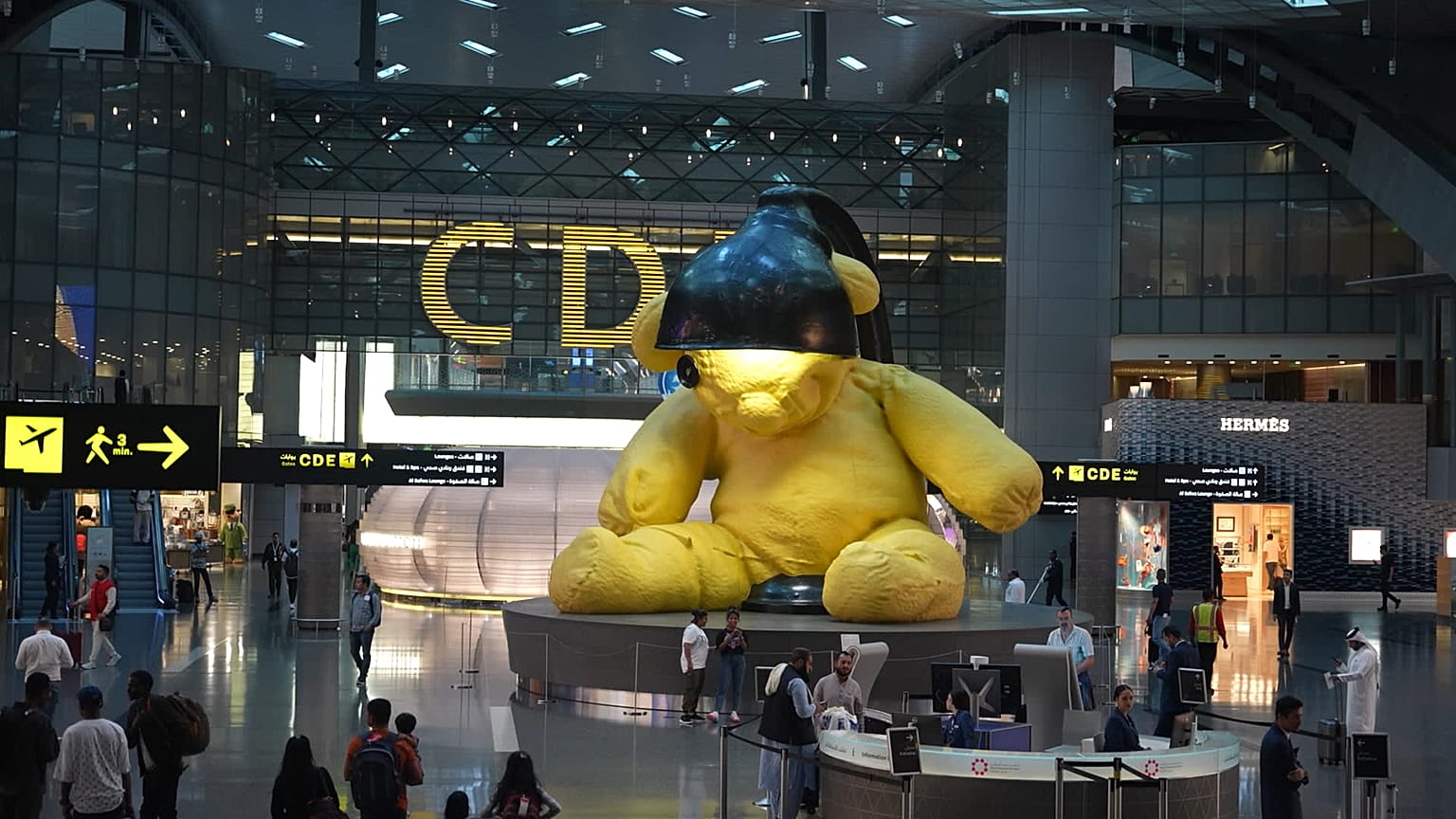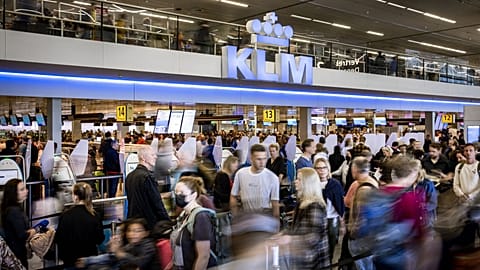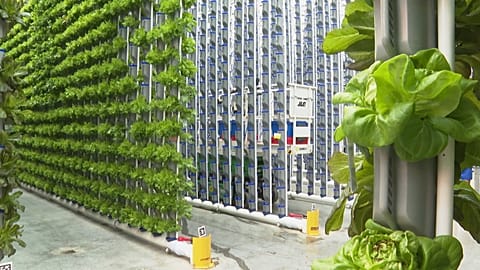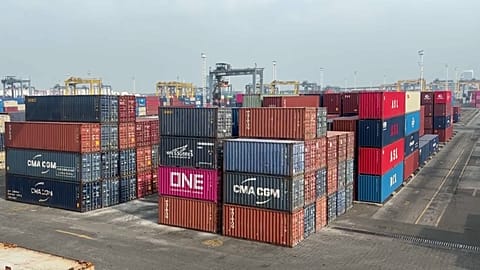The aviation sector is tackling one of its biggest challenges yet: becoming more sustainable and environmentally friendly. Euronews met with the Group CEO of Qatar Airways – Akbar Al Baker- to discuss how the country is meeting the demands of the future.
Hamad International Airport in Doha welcomes over 30 million passengers each year, making it one of the busiest airports in the world. Designated as the second-best airport in the world and the best airport in the Middle East at the Skytrax World Airport Awards 2023, this iconic travel hub's vision extends far beyond passenger numbers.
Like many European counterparts, the airline is working hard to cement its status as one of the most sustainable transport hubs on the planet.
Sustainability in the aeronautical sector has increased significantly in recent years. Oneworld alliance and partners have pledged to reach net zero by 2050.
The shared initiatives include fleet modernisation, improvements in operational efficiencies, advancing the use of sustainable aviation fuel (SAF) certified by ICAO-approved schemes, and carbon offsets and removals.
Going green to stay in the air
In 2020, the International Council on Clean Transportation published a report which stated that increased fuel efficiency and the use of sustainable aviation fuels could help the sector save up to $35 billion annually on fuel expenses.
In essence: Going green will help the aviation section to stay in business.
Qatar is not only optimising its aircraft to reduce CO2 emissions, but it's also looking at how to ensure that Hamad International Airport is meeting the environmental needs of the future.
Hamad International Airport's environmental sustainability goals focus on waste management and reducing greenhouse gas emissions. The hub recycles and reuses four thousand tons of organic compost every year.
According to Akbar Al-Baker, Group CEO of Qatar Airways, they also recycle and reuse the water from decontaminated and treated sewage water to sustain the impressive vegetation in the airport.
Furthermore, using natural light and investing in cleaner technologies helps the hub be more sustainable.
"We are trying to save energy by making the airport naturally bright during the daytime. Qatar Airways invests in new technology aeroplanes, and every time we buy a new aircraft, it is 20 – 22% more fuel efficient than the previous one," he adds.
Greener production chains for greener aeroplanes
But it's not just the workings of an airport like this which are helping the sector to go green. European companies are providing components that are helping the industry to become more sustainable.
Sonaca, a Belgian company specialising in developing, manufacturing and assembling parts for the aeronautical industry, has invested more than 40 million euros in the last decade in sustainability projects. Ensuring their production lines are green is at the forefront of their business.
The company produces wing slats and other components for over a thousand new planes annually. For them, going green starts with making planes fly more efficiently. Making aeroplanes lighter and improving their aerodynamic performance helps reduce the aircraft's fuel consumption.
Sonaca has also replaced older processes that use harmful chemicals and have installed battery-powered systems and greener operations across their production sites.
"Compared to 2021, in 2022 we reduced our CO2 emissions by 15%" says Sonaca CEO, Yves Delatte.
Reducing emissions is a tall order for the aviation industry, but the race is on.


